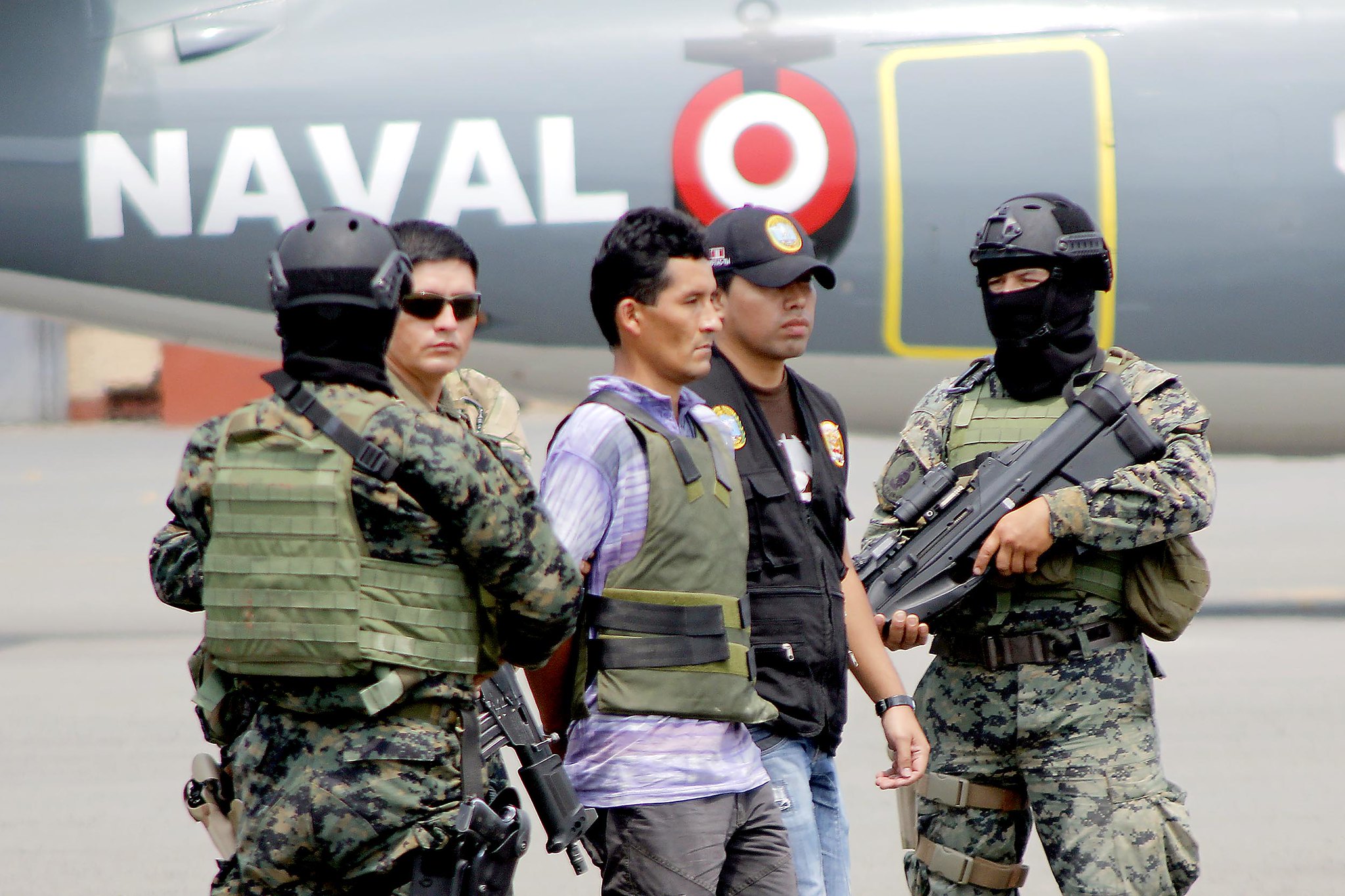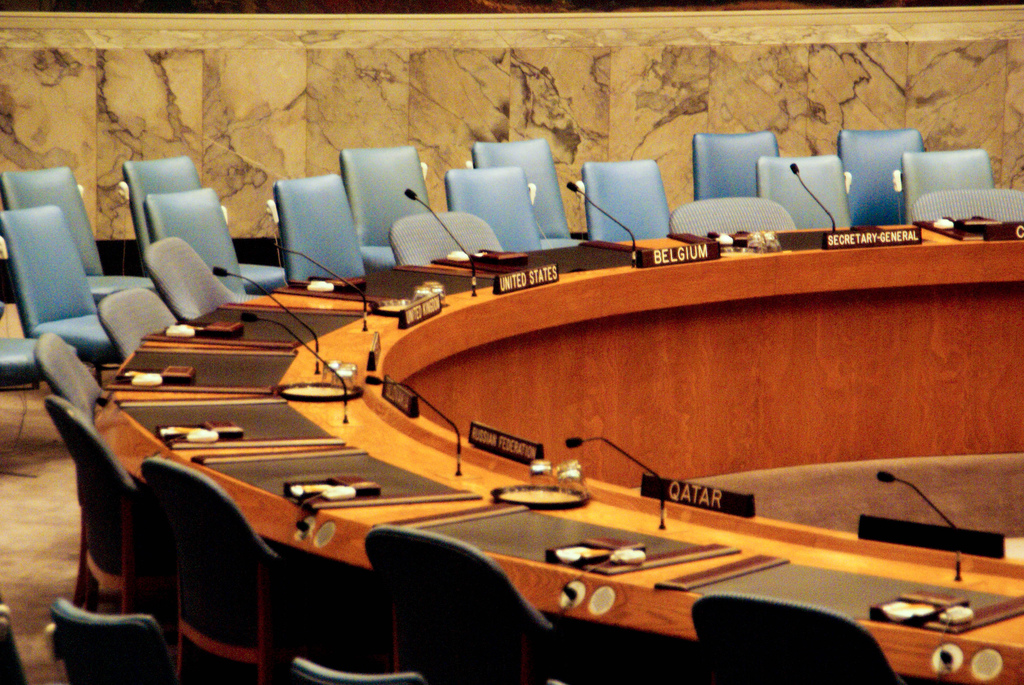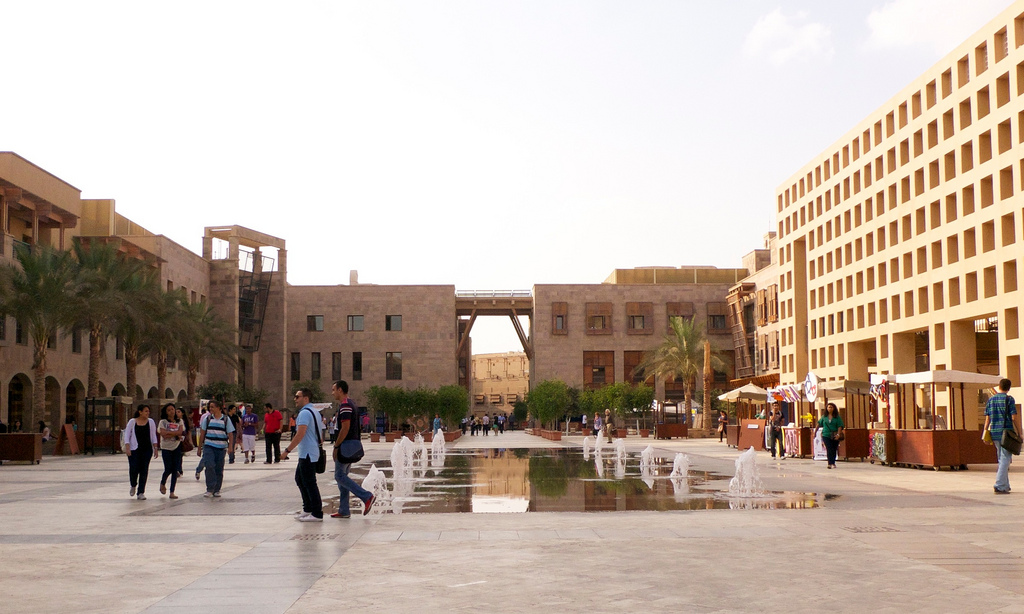By Renard Sexton, Rachel Wellhausen, and Mike Findley.
A series of deadly attacks took place in Sri Lanka on Easter Sunday, killing and injuring nearly 800 people. The Sri Lankan government has attributed the attacks to a local Islamist militant group and is seeking international support for the investigation into the group and its resources. At home, Sri Lanka is using force in response to the attacks. Three police officers were killed in an initial wave of raids, which will likely reinforce the government’s decision to use force.
Our research suggests that forceful responses to unexpected terrorism can have substantial unintended negative side effects on social welfare—particularly when a budget-constrained government cuts social services in order to fund a security surge. In 2003, Sri Lanka instituted severe balanced budget rules—which they recently strengthened to rein in budget deficits—making Sri Lanka’s response a key case for concern.
Funding security through social spending cuts
When violent terrorism targets civilians and government security forces, like the police or military, governments respond—usually through the use of force. But to enact a forceful response, elected officials must get the resources to do so from somewhere. The vast majority of terrorist attacks take place in developing countries, which often lack the capital to boost spending in hard times. In a new study, we demonstrate how violent terrorism causes elected officials to shift budgets from “butter”—the social services governments provide—and transfer it to “guns”—the military, police, and security sectors that drive the response to terrorism. Unfortunately, pulling money from “butter” can have real effects on health and welfare outcomes.
In Peru, where lingering terrorism by the weakened but not defeated Shining Path has seen an uptick in recent years, the government faces a security funding dilemma. In order to make politically necessary boosts to defense spending in response to unexpected terrorist attacks, the Peruvian Congress made cuts elsewhere. Examining four years of budgetary data in Peru, we find that for each soldier killed by terrorists during the budget debate about 1.1% is transferred from the regional health budget to defense. The cuts only take place if the attack occurs during the budget period, because after November 30th Congress can make no further changes, per the constitution.
Social spending cuts cost lives
These cuts to health spending have serious implications, especially in rural, impoverished areas. We find that access to health care services is reduced in the following year, and women in particular bear the brunt of service cuts. Our study finds that the share of births attended by licensed medical professional drops, as does the frequency of post-natal care. The effects are strongest for the poorest 20% of women.
This loss of maternal and infant health services has a swift and detrimental effect on newborns. As the health budget falls and access declines, we observe an increase in infant mortality in the following year. Overall, the budget reduction associated with a single soldier fatality at the hands of a terrorist attack results in 76 additional infant deaths in the following year.
From 2009-2012 there were 50 terrorist attacks in Peru that occurred during the budgetary period (September to November), causing 49 soldier fatalities. Our estimates imply that the budget shifts from these attacks resulted in more than 3,700 additional infant deaths over four years. Eliminating this loss of life would have decreased Peru’s 2012 infant mortality rate from 14.4 per 1,000 live births to 12.8 per 1,000 – an 11% reduction.
Can donors fill the gap?
These findings highlight a broader challenge that developing countries that suffer from terrorism must confront: how to keep social services afloat during times of insecurity. Surviving in office in the short run is a first priority, but under-spending on social welfare has long-term consequences.
One potential policy response for donors and humanitarians would be to fill social service gaps in conflict and terrorism affected countries with aid. This could complicate the incentives for governments, however, by making it easier to shift funds away from social welfare towards security, knowing that donors will compensate—a type of ‘moral hazard’. Still, with some conditionality, these infusions could be preferable to unmitigated welfare cuts.
In the context of Sri Lanka, foreign countries have pledged support for law enforcement efforts to unwind this suspected terrorist network. Our findings suggest that foreign countries could also help by infusing money into Sri Lanka’s social services budgets, as existing funds are likely to be redirected to fighting this new, unexpected security threat.
The direct costs of terrorism are well known: loss of life, deferred investment, rights violations, and political upheaval. The evidence from Peru indicates, however, that the indirect effects can be just as important. Policy changes in reaction to terrorism can have long-term negative effects when enacted in haste.
Renard Sexton is a postdoctoral fellow at Princeton University, Rachel Wellhausen is an Associate Professor at the University of Texas, Austin, and Mike Findley is a Professor at the University of Texas, Austin.







